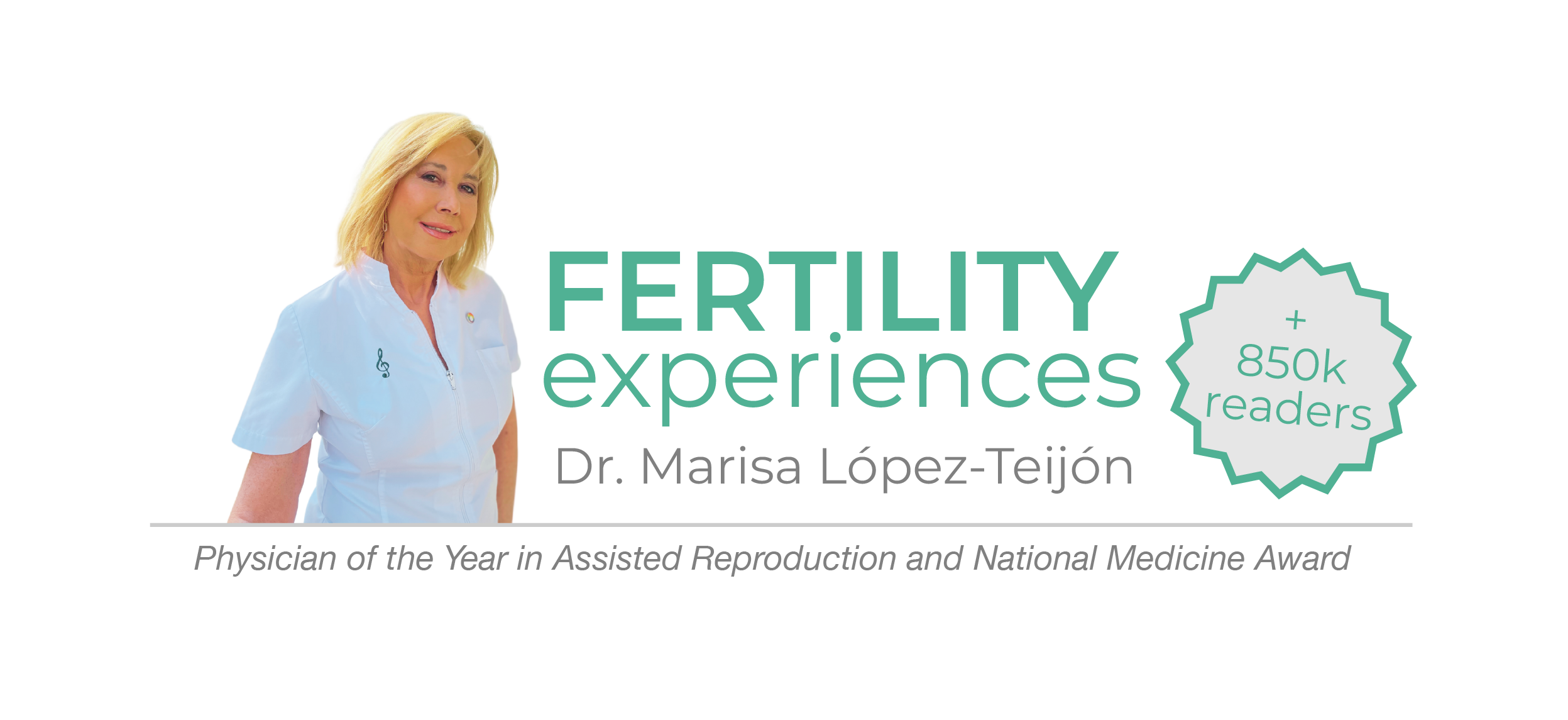Progress in technology is changing how things work and innovation in healthcare should be oriented towards facilitating processes for patients. Telemedicine is imposed thanks to the wide range of possibilities offered by progress in email communication and fast messaging. The consultations via Skype are increasing, surgery is carried out by remote control, patients in...
Research and innovation Archive
Taking care of the environment is everyone’s business (part 2)
In this second part of the post I am going to detail which are the main harming pollutants I have previously mentioned. 1. Toxic chemicals: Endocrine disruptors are chemicals commonly used in industry, agriculture and at home. These substances are very resistant to biodegradation and are present in our diet and in the environment,...
Taking care of the environment is everyone’s business (part 1)
At the end of last year I followed the Climate Action Summit that was held in Madrid. One of the scientists attending the event claimed that he had never seen such a great disconnection between science, what citizens ask for and negotiators. I don’t see it that way, on the contrary, I think we’ve...
Sharon Corr’s youngest fan
I am very lucky to call the great Irish artist Sharon Corr a friend. A year and a half ago when Sharon, together with Álex Ubago, held a concert for the hundreds of embryos that were then developing in the incubators, a comment from her stuck in my mind: “Getting to meet the...
Passion for football starts before birth
As you already know, thanks to Babypod we are carrying out research studies about foetal response to different voices and tunes. In these studies, we have proved that foetuses can barely hear any noise coming from outside, but they can hear from week 16, when they measure 11 centimetres, only if the sound comes...
Anti-Müllerian hormone: What is my ovarian age?
The age stated on the ID does not always meet the age of the ovaries. When we talk about the pregnancy chances per cycle, we doctors refer to the ovarian age, and it is important that you are aware of it because it marks the level of your reserve of good eggs. To know...
Embryos have the capacity to self-repair from their second day of life
We have made a discovery about the beginning of life! We have assessed that embryos have the capacity to self-repair from the second day of life. We have presented this discovery at the most important congresses on Assisted Reproduction, as it completely changes the way embryos are assessed in In Vitro Fertilisation treatment. In order...
Our cutting-edge technology in IVF gets to the Imperial College
When we talk about the latest technology related to IVF we tend to think about cutting- edge technology or in novel equipment for laboratories. We go a step further. We have incorporated technology to everything we do, inside and outside the laboratory. This has caught the attention of the media and of scientists from...
International day of women and girls in science
The United Nations General Assembly adopted a resolution declaring the 11th February as the International Day of Women and Girls in Science. Although the proportion of women with higher education is increasing, there are still very few who devote their professional lives to research. Moreover, it is not because of a lack of talent or will...
Sperm quality and chemical toxics
“Toxics are breaking our balls”. Under this motto, we want to alert about the environmental pollution caused by chemical toxics, which is the main cause of the worsening of the males’ sperm quality. Our scientific studies confirm it: they show that the causes classically attributed to this worsening (such as stress, tight pants, alcohol,...
